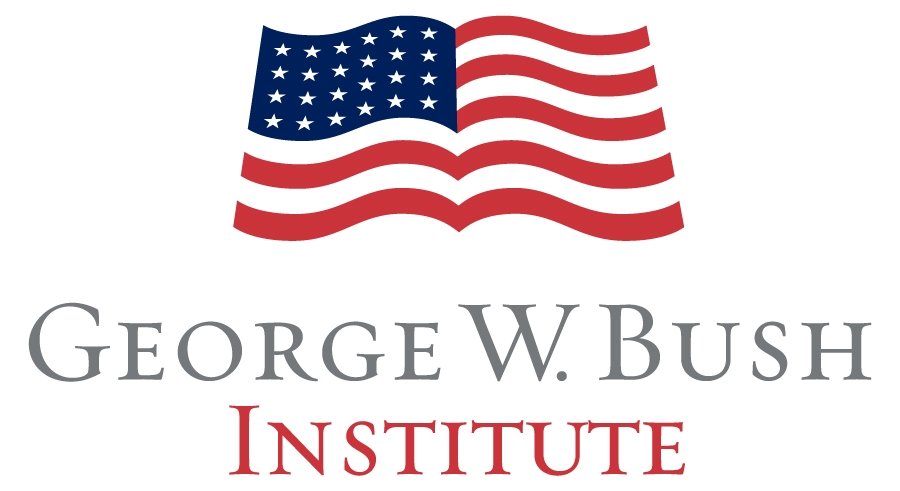The Impact of Violence Against Women on Central American Migration
Gender-based violence remains one of the most significant yet overlooked drivers of out migration across Central America and the broader region.
Violence against women and girls is often excluded from conversations on the nexus of Central American migration, regional development, and domestic immigration reform. Over the last half-century, topics such as economic empowerment, democracy, transparency, and security have dominated the root-causes conversation. The aim of these investments is to improve the overall stability and well-being of countries and communities in the region, but their effectiveness is limited by a failure to consider the impacts of gender-based violence (GBV) on social and systemwide challenges.
Though there has been increasing focus from U.S. and international influencers on the levels of violence in El Salvador, Guatemala, and Honduras (known as the Northern Triangle) and its impact on migration, an adequate response to the gendered differences in the ways violence is perpetrated remains limited and at times nonexistent. As the United States and the international community consider a comprehensive plan on Central America and immigration reform, proposed strategies must anchor the status and safety of women and girls at the center of solutions.
The Latin American Program and the George W. Bush Institute discussed how policies and programs can respond to the serious violations of agency and human rights perpetuated against women and girls that result in instability and migration from the Northern Triangle.
Panel 1: The impact of GBV on regional migration from Central America
- Hannah Sklar, Executive Director, CREAMOS, Guatemala
- Juan Miguel Rivera, Northern Triangle Lead, International Justice Mission
- Jenny Villatoro, Associate, George W. Bush Institute (Moderator)
Panel 2: The role of regional and international stakeholders in advancing solutions and strengthening justice systems - including the U.S. immigration system
- Caridad Araujo, Chief of the Gender Division, IADB
-
Jennifer Podkul, Vice President for Policy and Advocacy, KIND
-
Natalie Gonella-Platts, Director, Women's Advancement at the George W. Bush Institute (Moderator)
Selected Quotes
Jenny Villatoro
"Societies that protect women and offer more equitable access to opportunities and access to justice are safer, more prosperous, and more democratic."
"Violence against women and girls or gender-based violence is a barrier to economic growth and a driver of out-migration."
Carlos Hernandez
"Some studies reveal that a huge reason why women have to leave El Salvador is mainly because of the violence in a chauvinist and patriarchal society."
"Women do not always have access to the justice system and local protection systems. Therefore, this leads to women finding other options such as internal migration and, lastly, outmigration."
Hannah Sklar
"When we talk about gender-based violence, our minds immediately go to physical violence, and I think when we are talking about barriers to economic development, we need to also think about the more subtle forms of violence."
“It’s important to understand the women’s work context in Guatemala. Seventy percent of Guatemalans work in the informal sector, with 51 percent of those being women. This means that women have poor working conditions, irregular pay, and no healthcare or government benefits."
"If women are given permission to work, they face so many more barriers on a micro-scale."
Juan Miguel Rivera
"We conducted a performance study in El Salvador that showed that in cases of sexual assault, less than one percent of the cases actually complied with judicial deadlines."
"Violence will continue to drive migration. Gender based violence has a connection with other forms of violence that are more obvious and are creating displacement, such as gang related violence."
"In the case of Guatemala, only 1 in 4 are actually thinking of making the U.S. their permanent home."
Jennifer Podkul
"The people that are feeling like they can’t be safe in Central America are mostly children and women. Thinking about that, we need to make sure that our systems are updated to this new demographic. "
"What we need to do is think about how we are going to receive this population that looks different and has different needs."
Caridad Araujo
"We firmly believe that we cannot change what we do not understand and what we cannot measure, so data is the starting point to set baselines of where we are and where we want to get."
"From a policy perspective, data sheds light on policies."
"On many occasions, data from gender-based violence is very hard to collect. Even when protocols are followed, there might be concerns about underreporting because people are afraid to share their data."
Hosted By

Latin America Program
The Wilson Center’s prestigious Latin America Program provides non-partisan expertise to a broad community of decision makers in the United States and Latin America on critical policy issues facing the Hemisphere. The Program provides insightful and actionable research for policymakers, private sector leaders, journalists, and public intellectuals in the United States and Latin America. To bridge the gap between scholarship and policy action, it fosters new inquiry, sponsors high-level public and private meetings among multiple stakeholders, and explores policy options to improve outcomes for citizens throughout the Americas. Drawing on the Wilson Center’s strength as the nation’s key non-partisan policy forum, the Program serves as a trusted source of analysis and a vital point of contact between the worlds of scholarship and action. Read more



